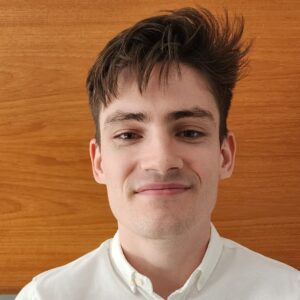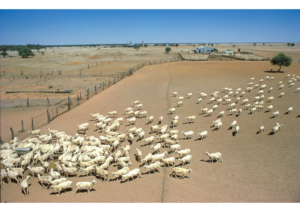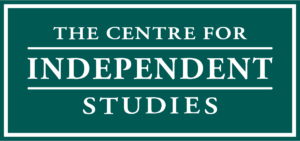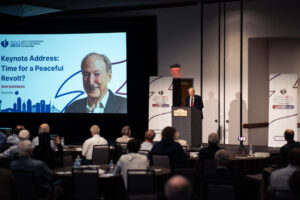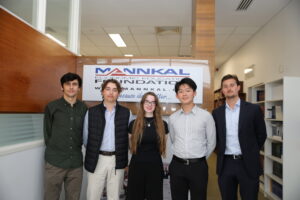Exploring the importance of freedom during my time at Capitaf and with the American Institute for Economic Research
I believe much of our current public discourse on societal issues has its roots in how much freedom we think other people should be allowed to have. While it may be satisfying to enforce our preferences on others, we forget that the question also relates to ourselves – how much freedom will others allow me to have? As part of my Mannkal scholarship, I was given the opportunity to explore this question of freedom and more while in the east coast of the United States.
My first destination was “Capitaf” located in Fairlee, Vermont. The name is a nod to the 1962 book “Capitalism and Freedom” written by economist Milton Friedman. Dr Friedman and his wife Rose chose Capitaf as their summer home to serve as a reprieve from the busy lives they led in nearby Chicago. Upon my arrival, it was easy to see why. It is impossible for one to not feel inspired and reinvigorated while looking out at the stunning green hills, vast dense woodland, and thriving nature that surrounds the main residence.

The surrounds at Capitaf
With this remarkable backdrop, we spent the next week doing a deep dive into Milton and Rose’s work. Our discussions were facilitated by Professors Ryan Yonk and Steve Miller who helped translate Milton and Rose’s ideas into the modern day context. We had lively discussions on topics ranging from ESG in business, Medicaid, equality of outcome vs equality of opportunity, public vs private school systems, and more. The intuitive feeling that “something must be done” when we are faced with such challenges often results in us opening the door to government-proposed solutions. But Milton and Rose’s assertion is that we underestimate the power free choice and free markets have in producing better solutions.

Inside Capitaf
A highlight of my time spent in Vermont was visiting the small town of Plymouth – the birthplace of former US President Calvin Coolidge. While receiving a tour of the 30th US President’s humble upbringing, I learned of the passionate belief he developed that free people should not serve the government, but that government should instead serve the people. “I want the people of America to be able to work less for the government… To have the rewards of their own industry. That is the chief meaning of freedom.”. It seems uncommon today to hear a government official say he wishes to give you less, so that you can give yourself more.
A generous invitation from Ryan Yonk to stay at AIER in Massachusetts meant I was able to extend my time in the States for another week. I joined them for a trip to Boston, where we embarked on the popular freedom trail. It is here where I learned of Boston’s centrality to the story of American independence and about the brave main characters who were pivotal in forming the greatest experiment in freedom the world has ever known.
After returning to AIER headquarters in Great Barrington, I had the privilege of sitting in on presentations and discussions around the history of the gold standard, the economics of deliberate value destruction within firms, and the Austrian perspective on entrepreneurship. The subject matter was compelling, and it was an honour to learn from some of the brightest people I have ever met. AIER have successfully created a place which attracts those who believe in being a force for freedom. It was truly a pleasure to spend the conclusion of my trip to the States in sunny Great Barrington.

An excellent seminar
Mannkal’s support through facilitating this journey has opened doors I never expected to be walking through. My visit to the US has coloured the way I view freedom back here in Australia and how our nation’s continued prosperity requires that we begin placing economic and political freedoms back at the forefront of our agenda. We should demand nothing less than leadership which upholds individual sovereignty, and we should reject that which wishes to increase control over our lives. Let us as a nation always choose freedom.


